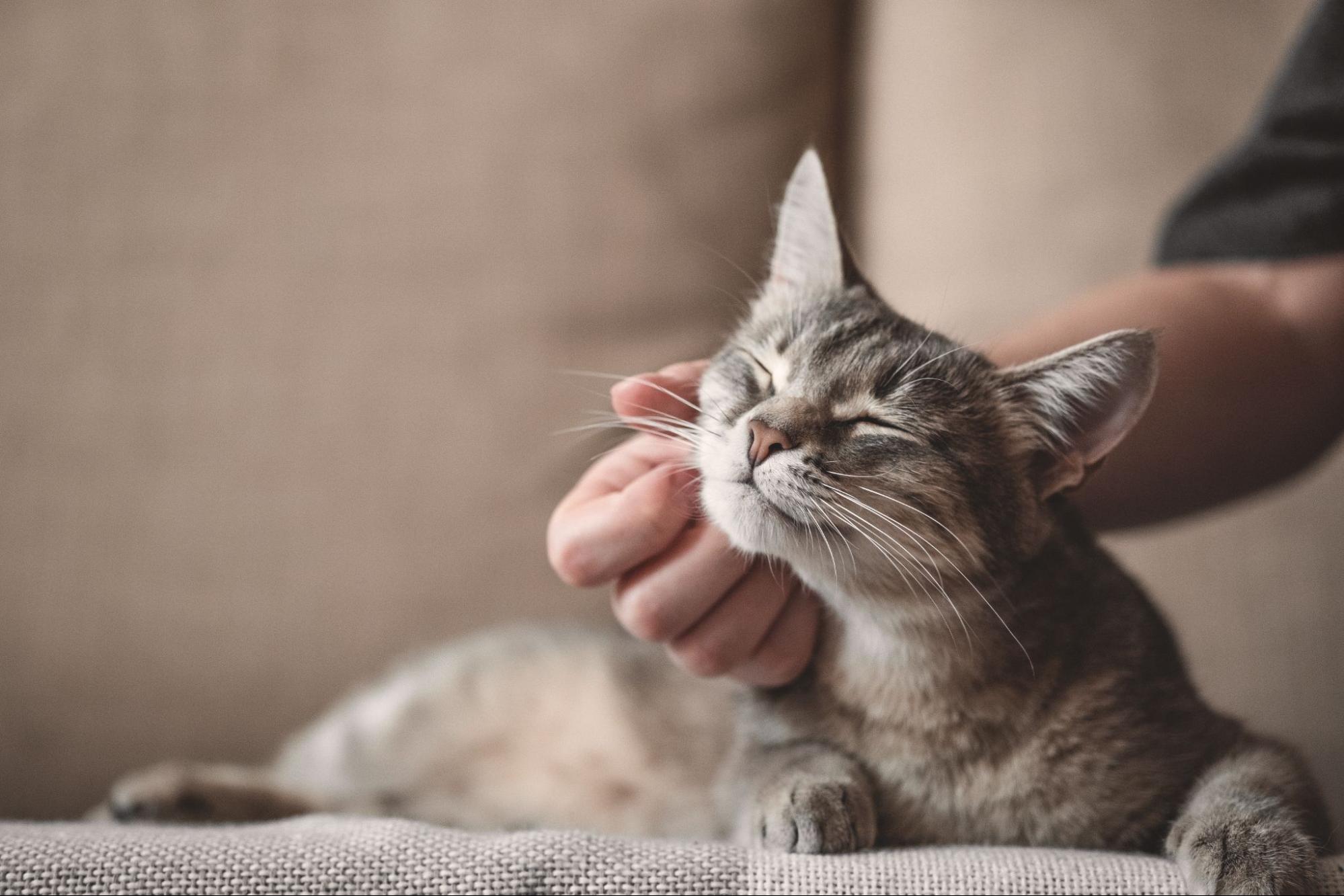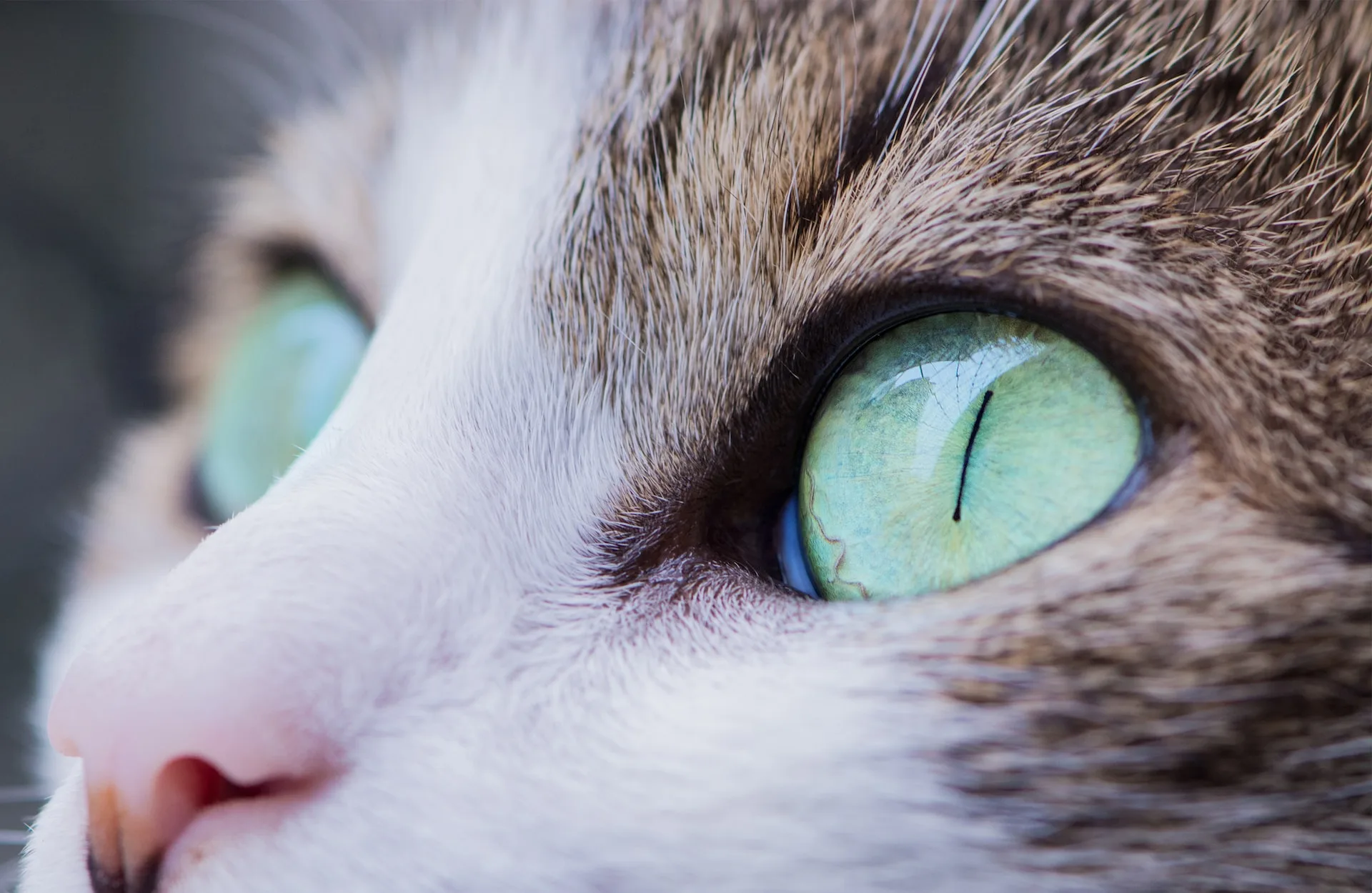Recognizing the Signs of Illness in Cats – Cats have a reputation for independence, grace, and stealth, and while the last two factors generally result in little to no sighting of those darling felines, it can work to their disadvantage when they become ill. Unlike dogs, cats are often the unsuspecting masters of appearing to be fine when they’re quite ill or uncomfortable, which makes it all the more important to notice early warning signs of illness in cats for any cat parent. Regardless of whether you’re a new pet parent who just got your first cat or a life-long cat lover, knowing what to watch for can make all the difference when it comes to your cat’s health.
Why Do Cats Hide Their Illness?
In the wild, weakness can expose animals to predators. Domestic cats may be instinctual animals, and don’t show overt symptoms until relatively late in the game. This stopping behavior implies that when your cat does appear to be ill, they may be quite ill! It is so important to note minor conduct and physicality changes to deliver the best course for your cat.
Common Signs of Illness In Cats
Here are the main indicators that can let you know when your cat is ill –
Change in Appetite or Thirst
Property indicates that the sudden loss of appetite or refusal to eat is the most apparent and quite alarming. On the flip side, if your cat is drinking or eating excessively, it could be a sign of diabetes, kidney disease, or thyroid issues. Here are the signs –
- Not eating for over 24 hours
- Drinking significantly more or less than normal
- Sudden weight loss or gain
Lethargy or Low Energy
Cats do love their naps, but excessive sleep or a lack of interest in play or human interaction could be a sign of illness. Lethargy may show anything from a mild infection to a more severe condition like heart disease. Here are signs –
- Sleeping all day with little movement
- Not reacting to stimuli
- Avoiding favorite activities
Vomiting or Diarrhea
Occasional hairballs are normal, but often vomiting or diarrhea is not. These can signal anything from dietary issues to infections or organ issues. Warning signs –
- Vomiting over once in 24 hours
- Blood in vomit or stool
- Diarrhea lasting over two days
Respiratory Issues
Sneezing, coughing, or labored breathing can show respiratory infections, allergies, or even asthma. These should never be ignored, specifically if accompanied by nasal discharge or wheezing. Look for –
- Panting or open-mouthed breathing
- Persistent coughing
- Noisy or raspy breathing
Changes in Litter Box Habits
If your past litter-trained cat starts urinating outside the box or struggles while trying to go, this could be a sign of a urinary tract infection, kidney disease, or even cat diabetes. Behavior to note –
- Straining or crying in the litter box
- Blood in urine
- Often urination or lack thereof
Grooming Irregularities
Cats are careful groomers. A lack of grooming can suggest illness or pain, while over-grooming might point to skin allergies or stress. Check for –
- Matted or greasy fur
- Bald patches
- Extra licking or scratching
Behavioral Changes
If your cat suddenly becomes aggressive, overly affectionate, or hides more than normal, it might be reacting to pain or discomfort. Behavioral changes to observe –
- Avoiding interaction
- Unusual vocalization
- Extra clinginess
When to see a veterinarian?
If you see any combination or these symptoms, it i best to contact your veterinarian as soon as possible. Early diagnosis can lead to better results and possiblly save your cat’s life. A physical examination, blood tests, and often imaging may be needed to decide what is going on.
Preventive Measures
While identifying signs of illness is important, preventing them is even better. Here are some tips –
Regular vet visits – Annual check-ups help identify issues early.
Proper nutrition – A maintained diet supports immunity and entire health.
Vaccinations – Stay updated on important shots.
Flea and parasite control – Prevent infestations before they start.
Mental Stimulation – Keep your cat active and mentally engaged.
Conclusion
Identifying the signs of illness in cats early is one of the most important responsibilities of pet ownership. Small changes in behavior, appetite, grooming, or bathroom habits can signal deeper health issues. Always trust your instincts. If it sometimes feels off, it is worth investigating. For trusted resources, vet advice, and more pet wellness insights, visit Pet Care Partners. They are your trusted partner in ensuring your furry friend stays happy and healthy.
FAQs
How do I know if my cat is just tired or sick?
Cats are generally lazy at times, but if your cat seems unusually inactive, avoids interaction, or stops responding to stimuli, it may be over just sleepiness. Prolonged lethargy, specifically when paired with other symptoms such as poor appetite or vomiting, should prompt a vet visit.
Are hairballs recognized as a sign of illness?
Occasional hairballs are normal in cats, specifically long-haired breeds. However, often vomiting, coughing without producing a hairball, or signs of constipation may show a digestive or grooming-related issue.
Can stress cause my cat to act sick?
Yes, stress can trigger physical symptoms in cats, including loss of appetite, vomiting, and over-grooming. Situational stress, such as moving or introducing a new pet, can manifest as illness-like behavior.
What are silent illnesses in cats that show no visible signs?
Conditions such as kidney disease, hypertension, and even early cancer stages may not show visible symptoms right away. Regular blood work and vet visits are important for detecting these silent illnesses before they progress.




